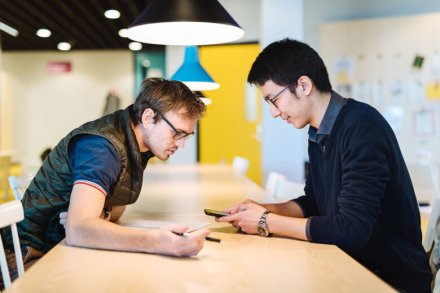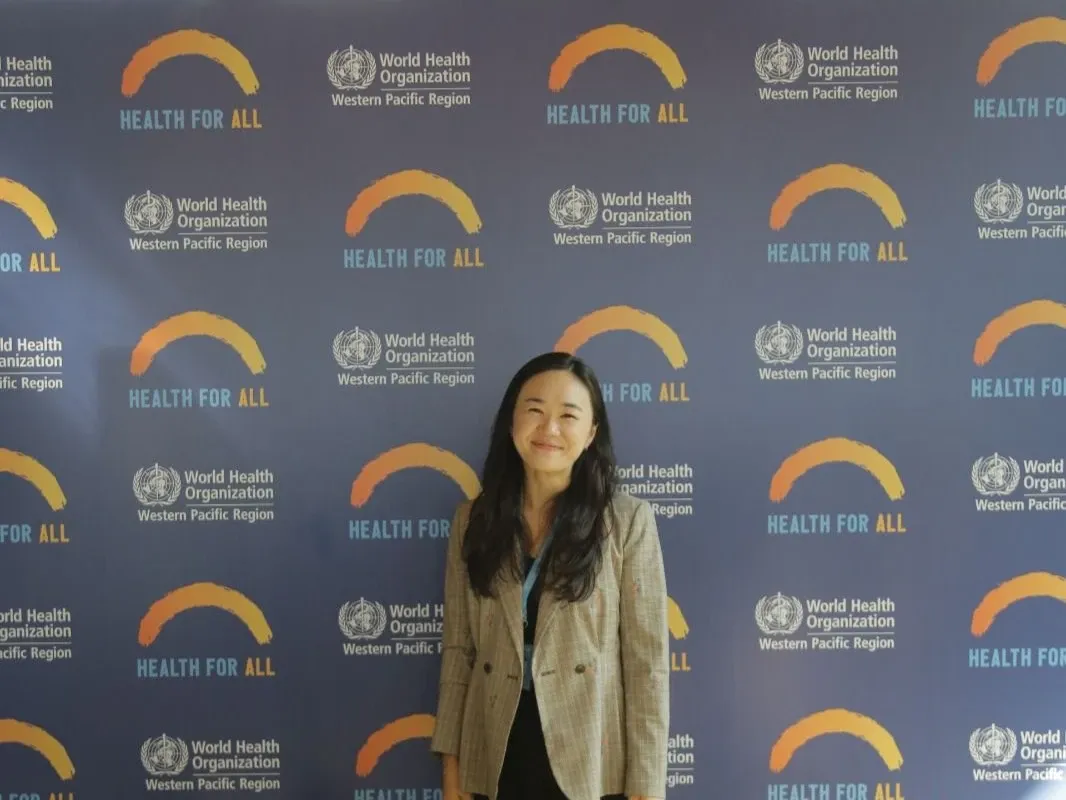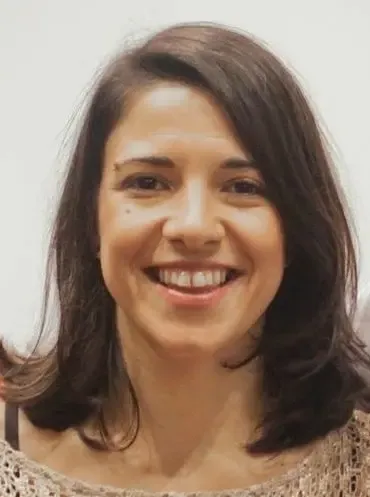About the programme
Are you ready to tackle global health challenges impacting both current and future generations and our planet? The Master's Programme in Global Health will give you a robust foundation of skills and methods that can be used in leading global health research, implementation and policy work across academia, government, civil society organisations and the private sector.
You will study in an interdisciplinary environment integrating education, research, and practice. Access to Karolinska Institutet's global health network, with leading researchers and research groups, will enrich your educational experience and support your professional development.
From the start, you will explore key concepts of global health, including sustainable development and the global burden of disease. You will get a solid understanding of health systems and policy while developing both qualitative and quantitative skills and methods for research and practice. Ethics is a core theme throughout the programme, highlighting its importance in all aspects of global health.
Throughout the programme, you will learn how to put your theoretical and conceptual foundations into practice. Through applied courses and real-world projects, you will develop, implement, and evaluate health interventions. You can choose between specialised courses in evidence synthesis and emergency preparedness or an internship with a company, organisation, or research group in Sweden or abroad.
In your final semester, you will focus on a degree project, allowing you to explore a specific area of global health in depth. This project enables you to apply the theories, methods and skills you have learned. You can choose between qualitative, quantitative, mixed methods, or literature review designs for your research. Like the internship, the degree project can also be completed in Sweden or abroad.









